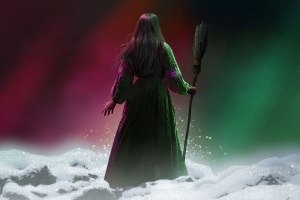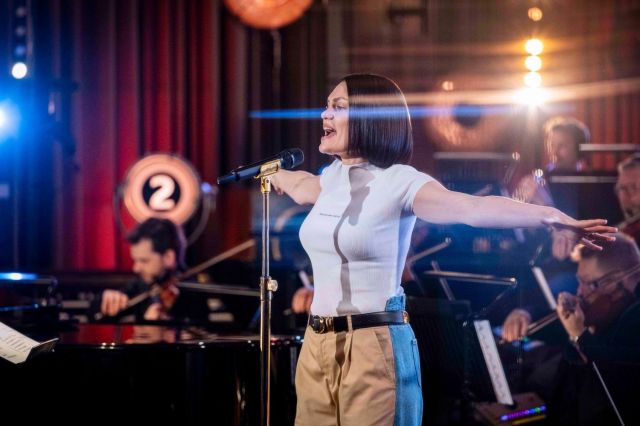Doug Watkinson On … Writing The Wall
Exploring an autobiographical father-son relationship that never was, The Wall takes as its central concern the almost 800 km barrier that separates Israel from the Palestinian West Bank. The two-hander, starring Eric Carte and Duncan-Clyde Watkinson,
opened at the New End Theatre on 26 April and runs until 6 June.
Here, the show’s writer, Doug Watkinson, whose father was killed in Israel before he had a chance to get to know his son, tells us about what inspired him to bring this family drama to life on stage.
Some years ago I visited
my father’s grave in Israel. He was a British soldier, killed by the Stern Gang
in 1947, so I never knew the man and certainly didn’t expect to be affected by
finding his last resting place.
When I did, and for reasons I still can’t fully explain, I broke down.
Regaining my composure, I
asked myself the question which lies at the heart of The
Wall. If my father were to walk in through that gate right now, what
would he say to me? What would I say to him? My son, the actor Duncan-Clyde
Watkinson, persuaded me to make a stage play out of that imagined
conversation.
It might have been
another Midsomer Murders script, or a book – I can’t
remember what I was working on at the time – I just know that I found
reasons to put off getting started. However, looming over all my excuses was
the barrier wall between Israel and Palestine. It was becoming impossible to
speak of Israel, let alone write about it, without acknowledging the wall and
its terrifying impact on Arabs and Jews alike.
In terms of the play to
be written, it provided a perfect opportunity for the young father and his
middle-aged son, a means by which they could bond. A character whom we never
meet – though his presence is profoundly felt – will soon have to quit his job
because of the wall: it has turned a 20-minute walk to work into a two-hour
slog. The man is an elderly Arab. I met him when I visited the British Military
cemetery in Ramleh. His predicament is both real and symbolic.
Two years on I was still
finding reasons not to write the play, but as the wall, the real wall, grew
ever longer, ever uglier, so I became ever more offended. At first I wasn’t
sure why but gradually a question posed itself. Could it be that the Israelis,
members of such a clever, courageous and compassionate race, were doing to the
Palestinians exactly what had been done to their own forefathers in Europe in
the thirties? Walling them off? Was nobody daring to say as much for fear of
being branded anti-semitic?
I felt that my father’s
death – or, more accurately, my mother’s insistence that his death was simply a
casualty of war, no blame attached – gave me the right to comment. In a strange
way it would be disrespectful to all concerned not to have done so.
I know, of course, that
my young father and his middle-aged son can do very little to bring down the
wall. However, I know this as well: be its purpose to create a ghetto, divide a
city or country, or incarcerate those we fear, no wall lasts forever. It has
something to do with a basic design flaw and while walls may provide a passing
security they invariably end up imprisoning the people who build them.












